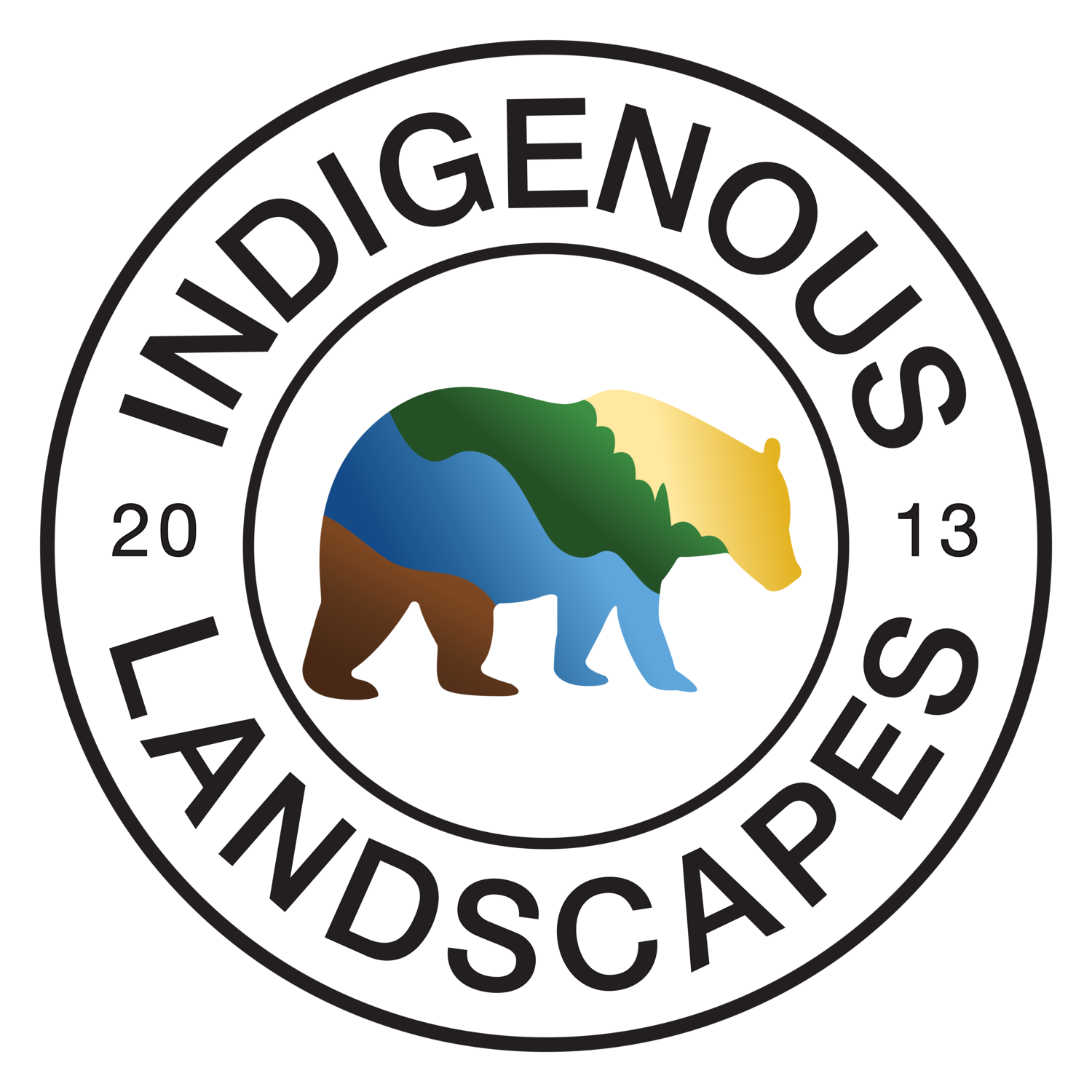Hyperlinks for the Printed-Version
Part 1. A Native Nursery Model - 4 Chapters ; A Guide for Empowerment, Nursery Materials vs. Pay-off, Nursery Layout, Watering and Fencing
Part 2. Native Plant Propagation – 6 Chapters; Herbaceous Plants, Woody Plants, Recommended Pots and Fertilizers, Seed Sowing and Transplanting Seedlings, Growing on a Micro-scale for Small Projects, Organic Pest Management
Part 3. Sales, Installation, and Native Plant Horticultural Guidance – 3 Chapters; Selling the Plant Stock, Installation, and Native Plant Horticultural Guidance
This page servers as the external, online document to bring the printed version of this book to life by providing the hyperlinks available in the e-book version to readers who chose the printed version.
The links are organized by Chapter, and in sequential order.
This Book is designed to empower individuals, businesses, non-profits, and public organizations to grow high quality native plants for their projects in support of biodiversity and restoration. The 13 Chapter eBook is sectioned off into 3 parts; Part 1. A Native Nursery Model, Part 2. Native Plant Propagation, Part 3. Sales, Installation and Native Plant Horticultural Guidance.
Our goal with this Book is to make the lack of native plant availability a non-issue through providing people the native plant tailored horticultural knowledge needed to propagate native plants. It is most applicable to the states and regions depicted on the underlying map of the book cover. The information in this ebook is sourced from the first hand experience of the business; Indigenous Landscapes.
The Printed book price is $19.75 + $2.75 Shipping within the U.S.
The ebook version is $18.50 available at this link. Kobo works with with PC, and tablets or smartphones - but not Mac-Laptops.
I. A Native Nursery Model - Chapters
A Guide for Empowerment - Chapter 1.
Nursery Materials Vs. Pay-Off - Chapter 2.
Micro/Macro Nutrient Liquid Fertilizer—-Anderson Band Pots —-800 conetainer pots —-5 foo T-Post—--Fencing —-Nursery Mat —-Staples—-Wheelbarrow—-16’ x 20’ Tarp —-Scoop Shovel —-Timer —-Hose—-Sprinkler —-3 gram Fertilizer Tablets —-Micronutrient 50lb bag—--Bareroots for tree/shrub production——Resources such as this one
Nursery Layout - Chapter 3.
(none)
Watering and Fencing - Chapter 4.
Video Example—-Oscillating sprinkler —-This simple timer
II. Native Plant Propagation - Chapters 5-10
Herbaceous Plants - Chapter 5.
Click and read safety information—-Outdoor stratification tray
Woody Plants - Chapter 6.
See Image Here—-2-3 inches of leaves—-Non-poisonous method—-Click and read safety information—-Stratification box—-Pot-loading video—-“Point A”—-Here’s a link to a video
Recommended Pots, Pot-Loading, and Fertilizer - Chapter 7.
D40L Deepots—-Mini-Tree pots (MT37)—- D60L—-Tree Pots (CP412CH)—-Anderson Band Pots (AB512)—-D40L—-MT37—-D60L—-CP412CH—-AB512—-Support boards recommended—-Pot Loading and Fertilizer Application Video —-Fill the pots to the top—-Fertilizer application step ——Micronutrient —— NPK Micronutrient ——Liquid Fertilizer Application—— 10 gram NPK/Micronutrient tablets
Above is a better quality picture of nutrient deficient - yellow-green plants with uneven growth in the tray.
View this linked picture which shows healthy plants (not linked, it’s just posted above)
Seed Sowing and Transplanting Seedlings - Chapter 8.
Growing on a Micro-Scale for Small Projects - Chapter 9.
Nutra Green Liquid Fertilizer—-Osmocote
Organic Pest Management - Chapter 10.
A slug/snail attracting pellet——Milkweed tussock moth—-Electric based trap—-Small dog crate
III. Sales, Installation, and Native Plant Horticulture - Chapters 11-13
Selling the Plant Stock - Chapter 11.
Forest Types of SW Ohio and SE Indiana —-Ray Leach conetainers
Installation - Chapter 12.
Auger—-See our planting video —-Native Meadow Installations—--Native plant agricultural—-Native thicket conservation
350 Anderson Band, 1.14 gallon grown spicebush—-Provided video—-Sold by Plantra—-3 oz plastic woven fabric cut out—-6” Staples
Native Plant Horticultural Guidance - Chapter 13.
Horticulturally Adaptable Native Plants Spreadsheet —-Planting in a Post-Wild World—-Planting a New Perspective—-Gardens of the High Line —-This website link
Our Mission
Native Plant Agriculture
For a broader Indigenous Landscapes educational resource see this website link.
This page consolidates our educational facebook page posts, and E-Books for your educational use. Our topics range from native thickets, savannas, forests, grasslands, native plant gardening, invasive species, native plant agriculture, native wetlands, and native-aquaculture.
Facebook Business Page
https://www.facebook.com/Indigenouslandscapes/
As of 2019, our Facebook Business Page is the number 1 native plant, restoration, and sustainable horticulture page as far as likes, comments, and shares per post; proportionate to our total FB followers. We think it’s a page worth clicking the “see first” option on as we aim to provide high quality material with each post, typically posting 3 times a week.
Email-Newsletter
This Newsletter will be sent out 6-8 times a year, announcing E-Books, Presentations, and Events such as our future Native Food Festivals that will promote Native Plant Agriculture.





